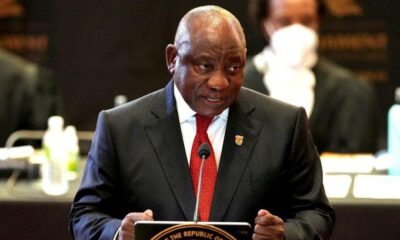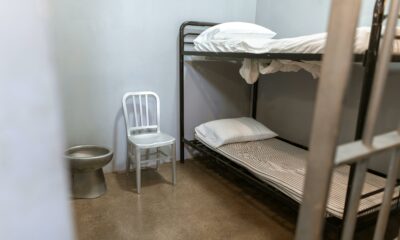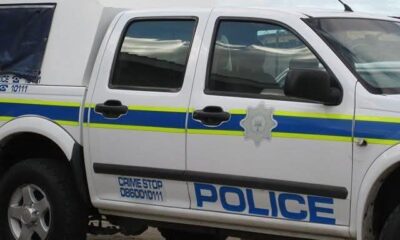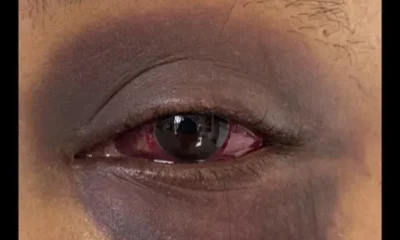News
Turning Her Home into a Haven: Beaufort West Woman Provides Lifeline for GBV Survivors

Turning Her Home into a Haven: Beaufort West Woman Provides Lifeline for GBV Survivors
In the heart of the Central Karoo, nearly 200 kilometres from the nearest state shelter, Marinda Lottering has turned her four-roomed home in Beaufort West into a lifeline for women fleeing gender-based violence (GBV).
With no government facilities in or around the town, Lottering’s home has become both a safehouse and advice office, offering immediate refuge to women who would otherwise have nowhere to turn.
“Everything is out of my pocket,” Lottering says. “Initially, women would stay for up to 72 hours, but sometimes they need longer. The longest stay so far has been two weeks.”
A Rural Shelter Crisis
The shortage of GBV shelters is stark across South Africa’s rural towns. The provincial Department of Social Development (DSD) funds 26 shelters in the Western Cape through a R73-million budget for 2025/26 most of them clustered in major metros. For women in Beaufort West, the nearest options are in Laingsburg (165km away) or Worcester, a journey that can take two hours and is often too far in emergencies.
“Victims in need of assistance can contact their nearest DSD office or SAPS to facilitate shelter placement,” said Esther Lewis, DSD spokesperson. “But distance and limited availability remain major challenges.”
Western Cape Shelter Movement chairperson Delene Roberts warns that towns like Beaufort West and Vredendal are “severely under-served,” and she calls for ring-fenced funding to establish standardised, government-supported safehouses in rural districts.
A Personal Mission Amid Systemic Gaps
Lottering’s initiative began in September last year. A member of the local community policing forum, she operates the shelter with help from her adult son and support from local networks, including the 1000 Women Trust, a group raising awareness around GBV and rape.
“I see up to four victims in a week, and sometimes up to 20 in a month. I also provide food and advice. People even call at 2am or 3am asking for help,” Lottering says.
Her organisation, the Women’s Movement of Hope, is registered but receives no government funding, despite years of collaboration with DSD workshops.
“GBV in the Central Karoo is high,” she adds. “The community support is invaluable, but the government’s absence is glaring.”
Local Officials Speak Out
Beaufort West Municipality councillor Elvico Links (Ward 6) says the lack of shelters is a pressing concern.
“We don’t even have a shelter for the homeless. This area is riddled with poverty, unemployment, domestic violence, and GBV. We’re negotiating to secure a building for a formal shelter, but progress is slow.”
At the National Shelters Movement of South Africa’s Indaba last week, Abdul Ryklief from DSD’s Victim Empowerment Programme acknowledged the extreme distances women in rural towns must travel:
“It’s a hell of a distance200km in some casesto reach the nearest shelter.”
Community Solutions Amid a National Crisis
While the DSD has rolled out a “GBV ambassadors” programme in Beaufort West to help with referrals and emergency interventions, the community is stepping in where the state cannot.
“This is a crisis,” says Delene Roberts. “We continue to advocate for dedicated, funded safehouses in rural areas. Lives depend on it.”
For women in Beaufort West, Lottering’s home is more than just a refuge, it’s a lifeline, a space of safety, and a symbol of what community courage can achieve in the face of systemic gaps.
“Once they leave here, I try to get them to a formal shelter,” Lottering explains. “But the reality is, without community heroes like this, many women would have nowhere to go.”
{Source: GroundUp}
Follow Joburg ETC on Facebook, Twitter , TikTok and Instagram
For more News in Johannesburg, visit joburgetc.com

























